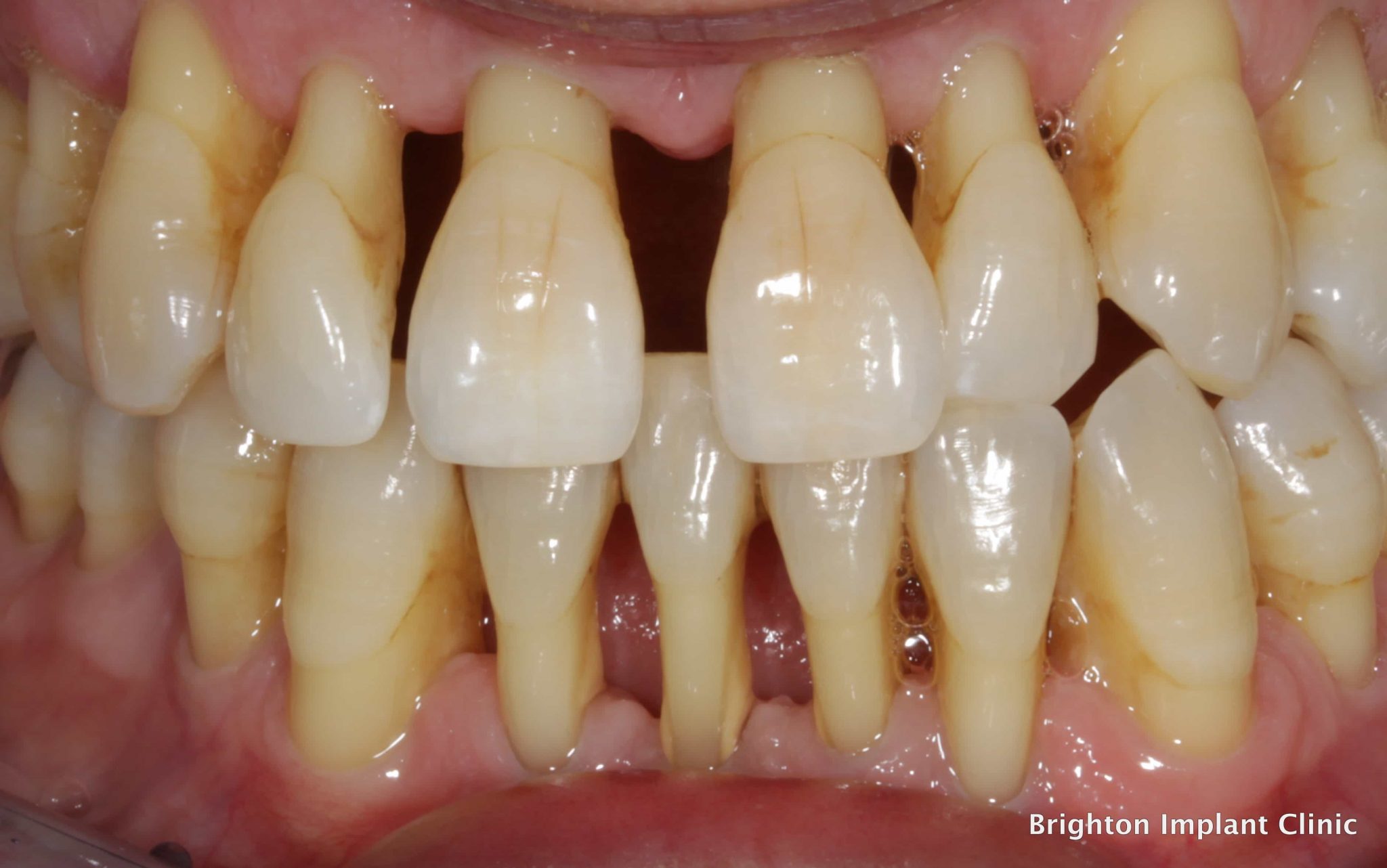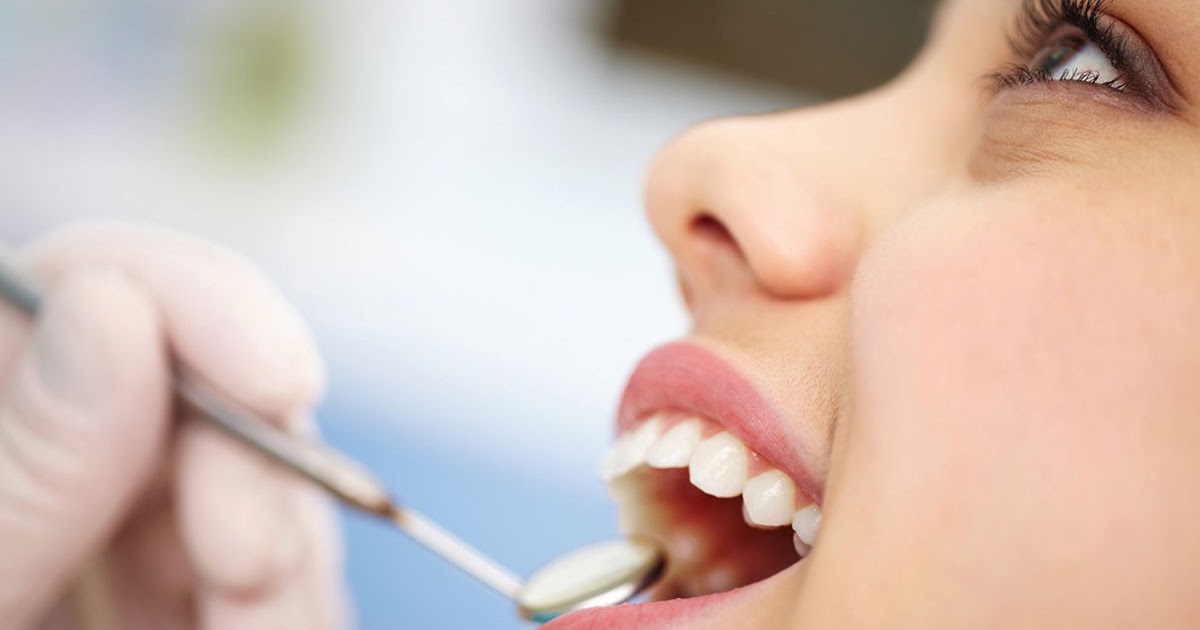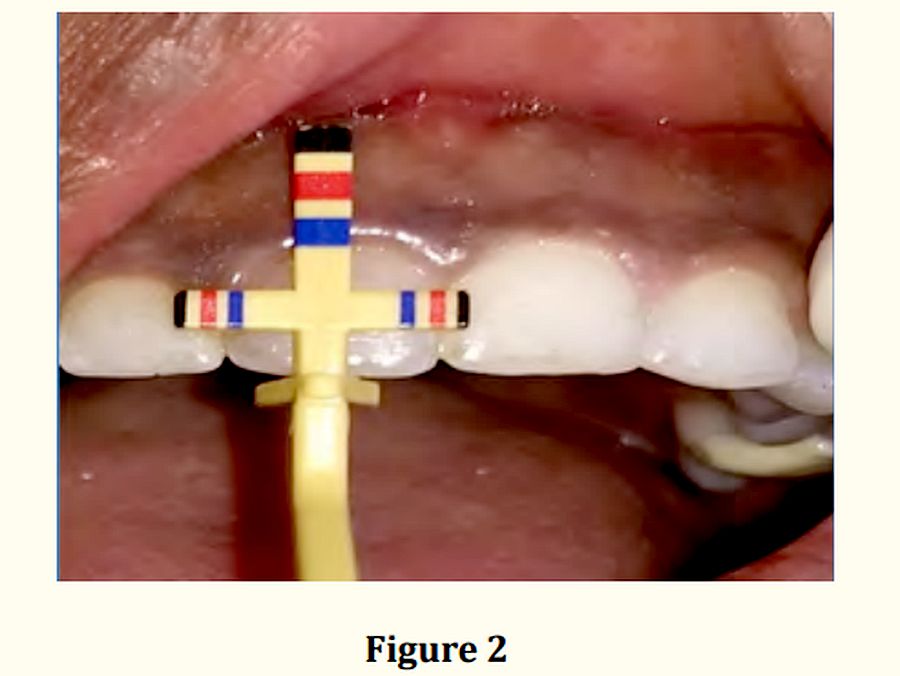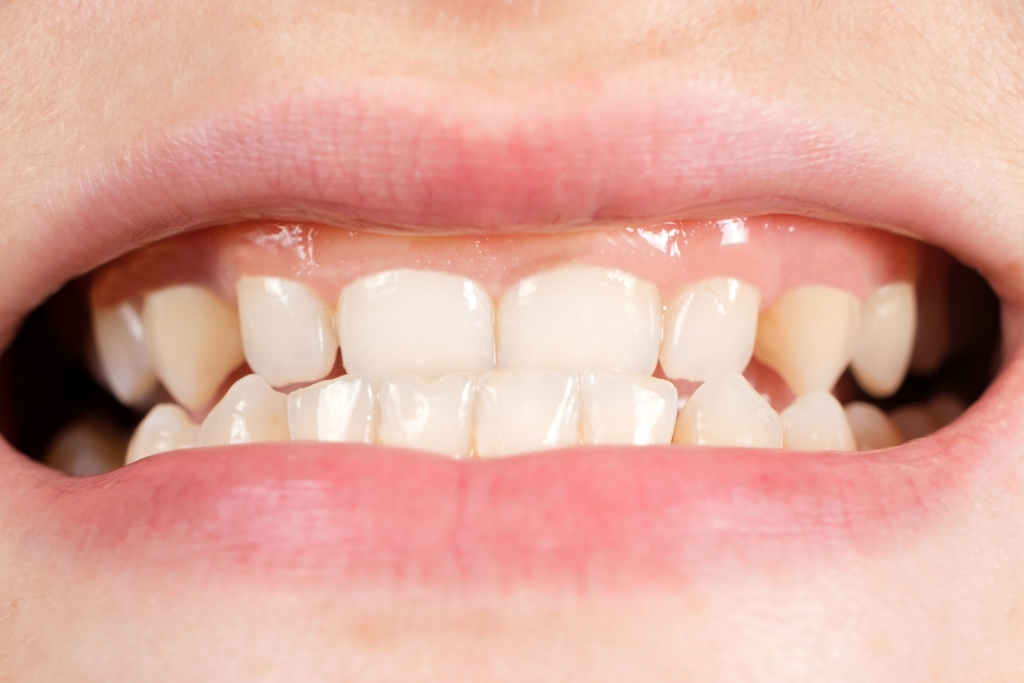Build A Tips About How To Treat Gingival Hyperplasia
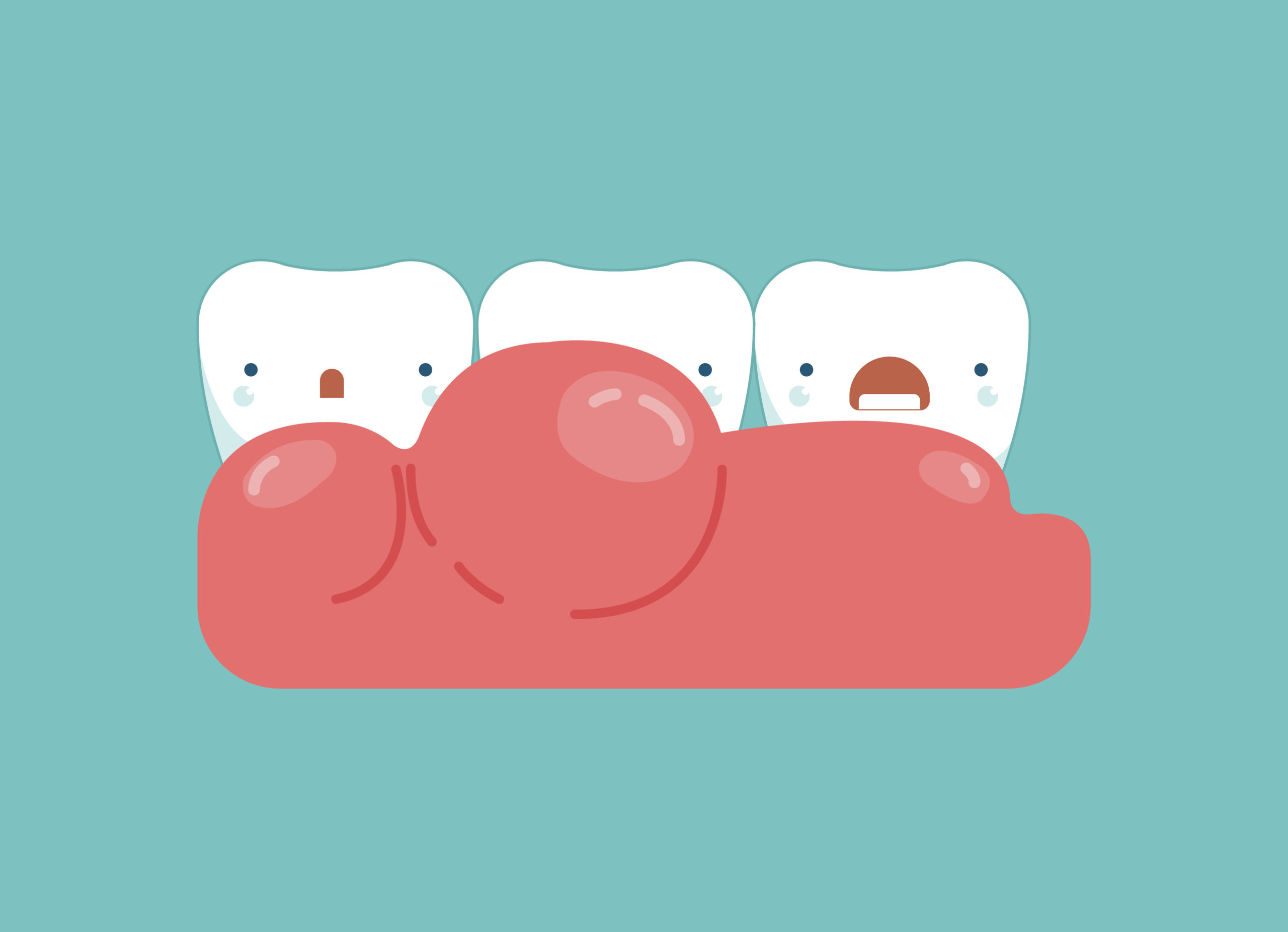
If the problem is poor oral hygiene, your doctor will recommend you brush and floss daily.
How to treat gingival hyperplasia. This procedure is performed under general. It will improve your symptoms over time. The top questions about gingival hyperplasia answered q:
Ubertalli , dmd, hingham, ma reviewed/revised may 2022 | modified sep 2022 view patient education hyperplasia of gingival tissues without inflammation. Clinical presentation can be modified by medications or. The most common medications that cause gingival.
What drugs cause gingival hyperplasia? Introduction due to constant internal and external stimuli, the oral mucosa may undergo a range of illnesses, from reactive to neoplastic [ 1 ]. Proper hygiene techniques, such as daily flossingand.
Gingival hyperplasia, is also known as gingiva, is an overgrowth of the gum tissue around the teeth. Commonly, gingival overgrowth is an inflammatory process related to plaque accumulation and trauma. The inflammation can make the gums tender and red, and it can trigger bleeding.
The treatment is simple: 1 shortly after the introduction of phenytoin 2 for the control of epileptic seizures. Introduction gingival hyperplasia, also known as gingival overgrowth or hypertrophic gingivitis, is a common oral condition characterized by an abnormal and.
Although anticonvulsants, calcium channel blocking agents, and the immunosuppressant. Other than improving dental hygiene, the only other treatment options for gingival hyperplasia are surgical procedures, the most common of which is periodontal flap. Gingival hyperplasia can occur as a direct result of inflammation.
For a more comprehensive set of tips, see our list below in the final section. Phenytoin cyclosporine nifedipine and other calcium channel blockers hyperplasia is characterized by diffuse, relatively avascular smooth or nodular enlargement of the.

:max_bytes(150000):strip_icc()/GettyImages-1199167365-96aaa3bb80a0465f89c1f69c41d17308.jpg)



